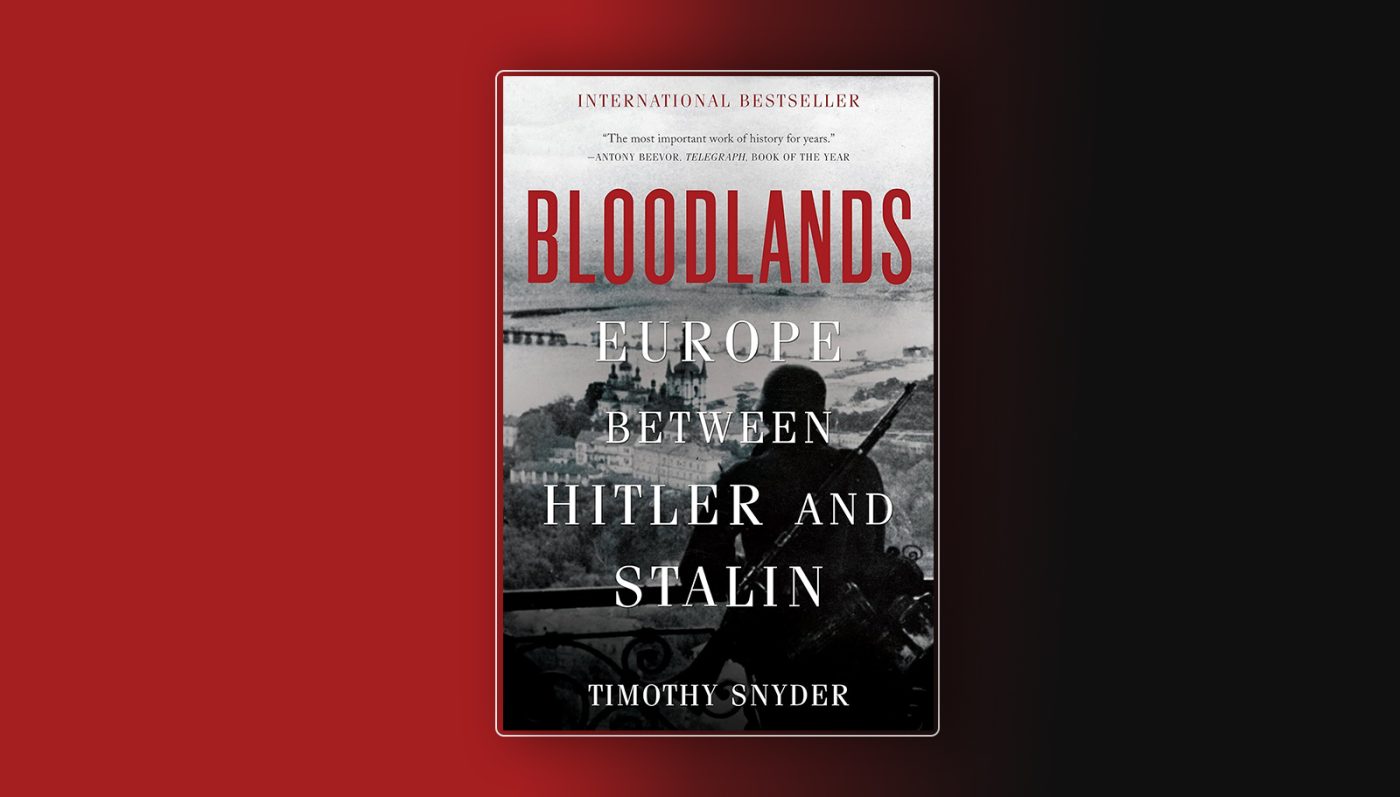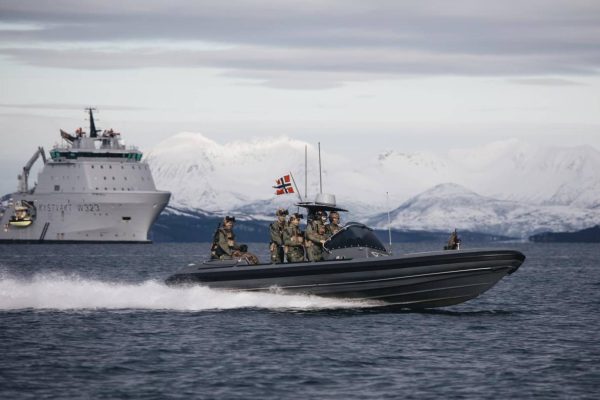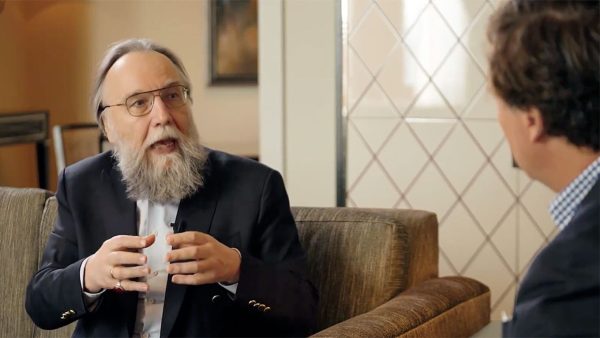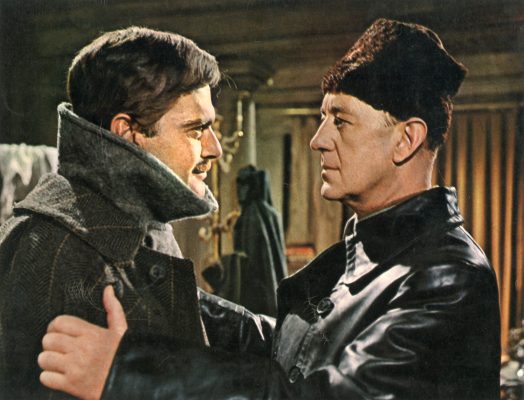Ambassador Kurt Volker is a Distinguished Fellow at the Center for European Policy Analysis. A leading expert in US foreign and national security policy, he served as US Special Representative for Ukraine Negotiations from 2017-2019, and as US Ambassador to NATO from 2008-2009.
We often describe how Russia deliberately promotes false historical narratives in order to create confusion and to justify its own nefarious deeds.
“NATO is to blame” for Russia’s attacks on Georgia and Ukraine.
“Crimea has always been Russian.”
And most recently, Putin’s statement that the “Russian people” is comprised of Russians, Ukrainians, and Belarussians.
But we often overlook how some Western narratives obscure the truth. The Western– or at least American — narrative about World War II is a case in point. We talk about the Anschluss and the Blitzkrieg, Eisenhower, Normandy and D-Day, the march up Italy, Auschwitz, and the ultimate defeat of Hitler.
We see things from the west looking east toward Germany. We forget that much of the war in Europe, and certainly the greatest atrocities and loss of life, occurred on the eastern front. And to the extent we do think about the eastern front at all, we generally get sucked into Moscow’s narrative about Stalin and the Soviet Union’s losses and sacrifices in the war, rather than looking more deeply.
Bloodlands (Basic Books, 2010) by Yale Professor Timothy Snyder is a must-read for anyone at all interested in what actually happened in Eastern Europe in World War II. Instead of equating “Soviet” with “Russian” — as Putin would like us to do –—we need to understand that the countries that suffered most in terms of atrocities and casualties were Ukraine, Belarus, Poland, and others “in between.”
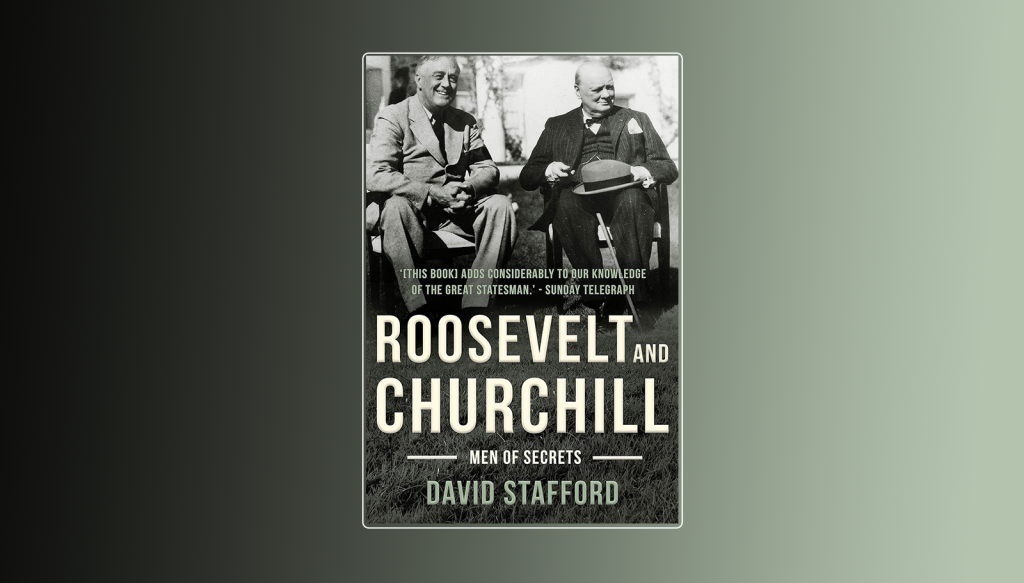
As we pivot from thinking about “What happened” to “What do we do now?” a book worthy of attention is Churchill and Roosevelt: Men of Secrets (Abrams Press, 2000) by Professor David Stafford. The story revolves around how each of the men built and used intelligence services to navigate a time of global conflagration, to get the United States and the UK aligned in fighting World War II together, and how American intelligence eventually surpassed British intelligence after the war.
Not stated explicitly, but truly striking in analyzing both Churchill and Roosevelt’s behavior as leaders, is that they both relied on three types of networks:
- an intelligence network, to gain information;
- an operations network, to take action; and
- a support network, to make sure that there were people who had their backs, even though they were powerful leaders in their own right.
Thinking about these three types of networks is valuable advice for any leader in any profession.

The third book worth reading (again) is The Prince by Niccolo Machiavelli.
Too many current Western leaders, too many scholars and academics, and too many in the media all focus on enlightened reason, humanitarian values, and “diplomacy” as guideposts for action.
The reality, which Machiavelli clearly exposed in the 1500s, is that for authoritarian leaders the accumulation and exercise of power is itself the ultimate goal. Diplomacy is war by other means. Since we are dealing with authoritarian leaders all the time (cf. Russia, Iran, China, North Korea), we should try to understand how they think and act in the world, rather than projecting onto them the way that we, in democratic societies, would think about the world.
Nothing would be a better guide to future Western security policy than this.
Europe’s Edge is CEPA’s online journal covering critical topics on the foreign policy docket across Europe and North America. All opinions are those of the author and do not necessarily represent the position or views of the institutions they represent or the Center for European Policy Analysis.

